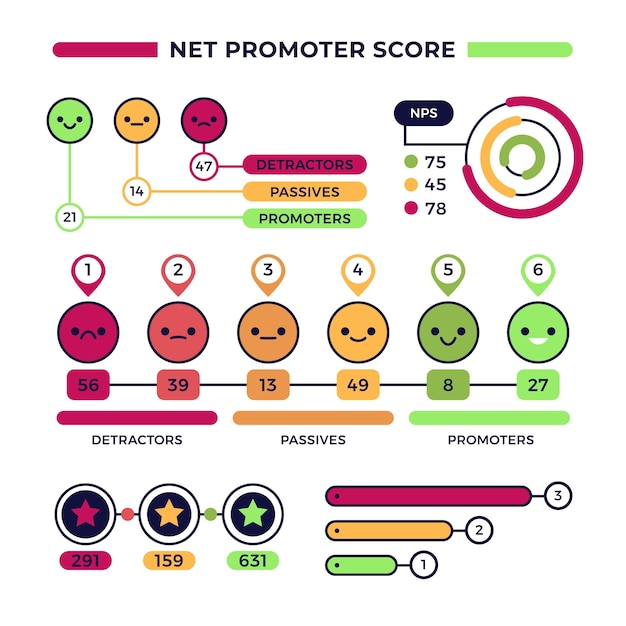
Advanced Relative Clauses
Relative clauses are an essential part of English grammar that help provide additional information about a noun or pronoun in a sentence. They allow us to add descriptive details and make our sentences more precise. Advanced relative clauses take this concept further by introducing more complex structures and variations. In this article, we will explore advanced relative clauses and provide some practice exercises to reinforce your understanding.
Defining Relative Clauses
Defining relative clauses are used to give essential information about a noun or pronoun. They cannot be removed from the sentence without changing its meaning. Let’s take a look at some examples:
| Sentence | Relative Clause |
|---|---|
| The book that I bought is on the shelf. | that I bought |
| The girl who won the award is my sister. | who won the award |
In the above examples, the relative clauses “that I bought” and “who won the award” provide essential information about the nouns “book” and “girl,” respectively. Removing these clauses would result in incomplete and unclear sentences.
Non-Defining Relative Clauses
Non-defining relative clauses are used to provide additional, non-essential information about a noun or pronoun. They are separated from the main sentence by commas and can be removed without altering the sentence’s core meaning. Consider the following examples:
| Sentence | Relative Clause |
|---|---|
| John, who is a doctor, is my neighbor. | who is a doctor |
| The Eiffel Tower, which is located in Paris, is a famous landmark. | which is located in Paris |
In the given sentences, the relative clauses “who is a doctor” and “which is located in Paris” provide additional information about the nouns “John” and “Eiffel Tower,” respectively. Removing these clauses would not change the core meaning of the sentences.
Advanced Relative Clauses
Advanced relative clauses introduce more complex structures and variations to add depth and specificity to our sentences. Here are some advanced relative clause structures:
1. Relative Clauses with Prepositions:
Prepositions can be added to relative clauses to provide more specific information. Let’s observe the following examples:
| Sentence | Relative Clause |
|---|---|
| The car that I’m interested in is parked outside. | that I’m interested in |
| The house where we stayed is now for sale. | where we stayed |
In these examples, the relative clauses “that I’m interested in” and “where we stayed” include prepositions (“in” and “for”) that provide additional information about the nouns “car” and “house,” respectively.
2. Relative Clauses with Adverbs:
Adverbs can also be used in relative clauses to modify verbs or provide more specific details. Consider the following examples:
| Sentence | Relative Clause |
|---|---|
| The man who speaks fluently is my language teacher. | who speaks fluently |
| The project, which was completed quickly, impressed everyone. | which was completed quickly |
In these sentences, the relative clauses “who speaks fluently” and “which was completed quickly” use adverbs (“fluently” and “quickly”) to provide additional information about the verbs “speaks” and “was completed,” respectively.
Practice Exercises:
Let’s now put our knowledge to the test with some practice exercises. Fill in the blanks with the appropriate relative clauses:
- The boy ______ won the competition is my cousin.
- The restaurant ______ serves delicious food is just around the corner.
- The laptop ______ was stolen belonged to my sister.
Answers:
1. who won the competition
2. that serves delicious food
3. that was stolen
By practicing these exercises, you can enhance your understanding and application of advanced relative clauses. Remember to carefully analyze the context and determine whether a defining or non-defining relative clause is appropriate.
Keep exploring the world of advanced relative clauses, and with time and practice, you will become more proficient in using them effectively to enhance your English writing and speaking skills!



